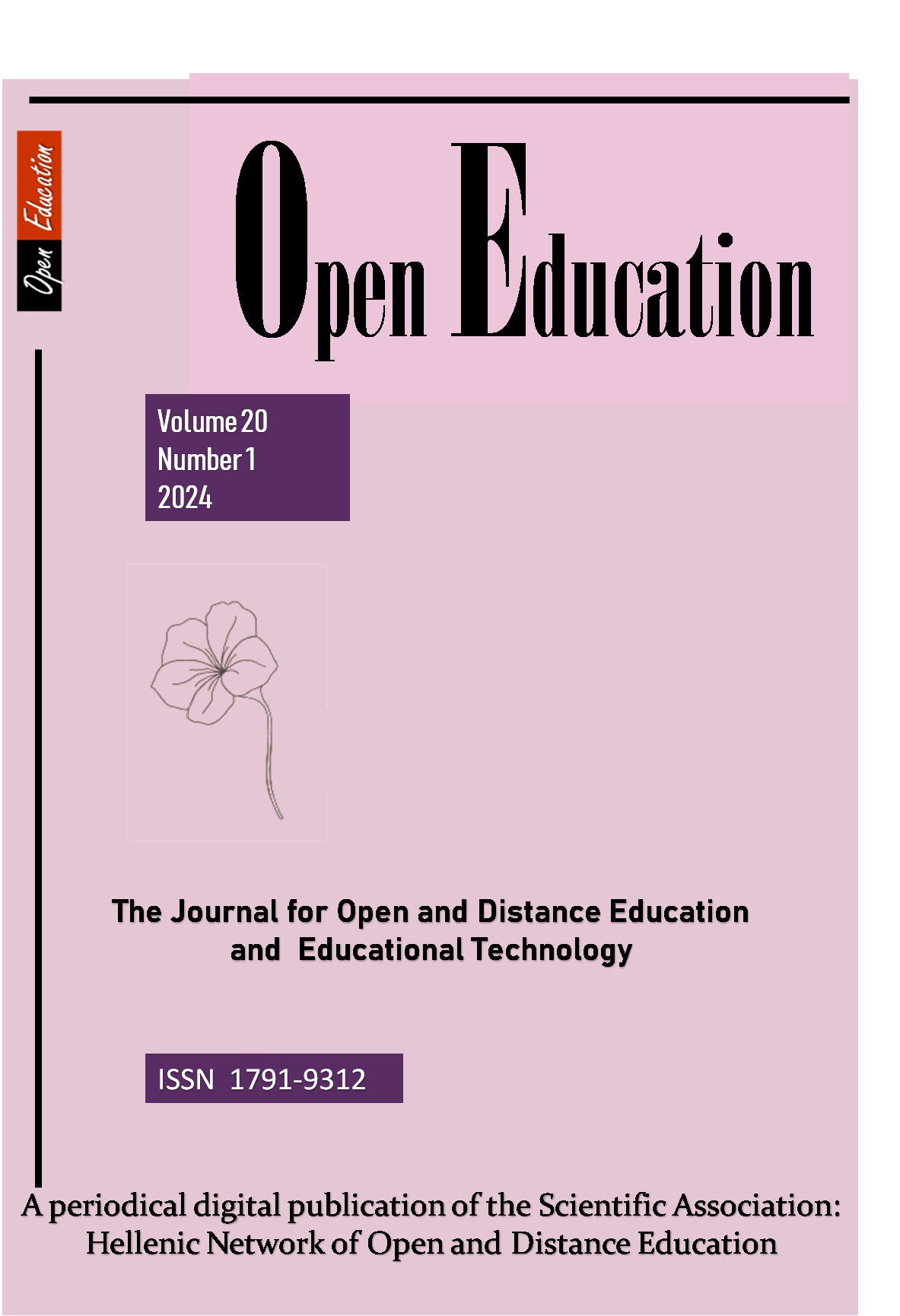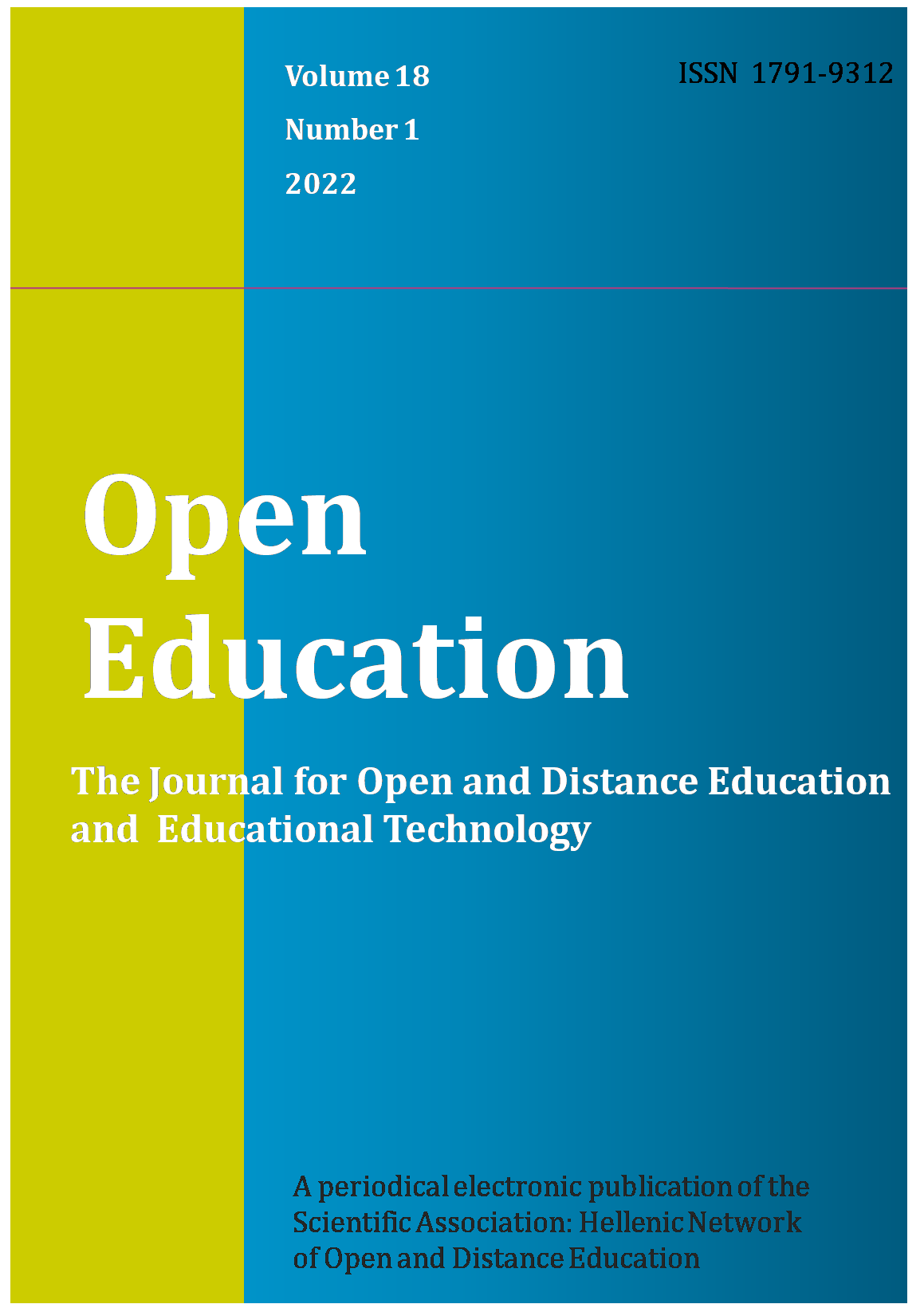Human – Centered Artificial Intelligence in Education. The critical role of the educational community and the necessity of building a holistic pedagogical framework for the use of HCAI in education sector

Abstract
The humanitarian and social aspect of artificial intelligence is the critical factor that will determine the next steps in all aspects of our daily lives, from work and transactions to education, information and entertainment. In the field of education, highlighting the human centric character of artificial intelligence is a prerequisite for the transformation of our educational systems in order to be able to respond in a critical and creative way to the demands of the new era.
This research focuses on the critical role of teachers in the course of the transition and highlighting the basic characteristics of the necessary pedagogical framework for the introduction and critical utilization of Human – Centered Artificial Intelligence in Education.
Article Details
- How to Cite
-
Anastasiades, P., Kotsidis, K., Stratikopoulos, K., & Pananakakis, N. (2024). Human – Centered Artificial Intelligence in Education. The critical role of the educational community and the necessity of building a holistic pedagogical framework for the use of HCAI in education sector. Open Education: The Journal for Open and Distance Education and Educational Technology, 20(1), 29–51. https://doi.org/10.12681/jode.36612
- Section
- Articles

This work is licensed under a Creative Commons Attribution-NonCommercial-ShareAlike 4.0 International License.
Copyright Notice
Authors who publish with this journal agree to the following terms:
Authors retain copyright and grant the journal right of first publication with the work simultaneously licensed under a Creative Commons Attribution Non-Commercial License that allows others to share the work with an acknowledgement of the work's authorship and initial publication in this journal.
Authors are able to enter into separate, additional contractual arrangements for the non-exclusive distribution of the journal's published version of the work (e.g. post it to an institutional repository or publish it in a book), with an acknowledgement of its initial publication in this journal.
Authors are permitted and encouraged to post their work online (preferably in institutional repositories or on their website) prior to and during the submission process, as it can lead to productive exchanges, as well as earlier and greater citation of published work.



